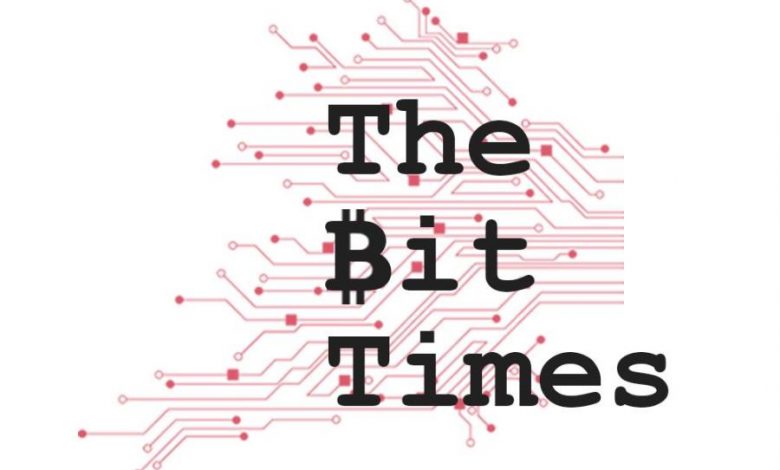Civic (CVC) and Peer-to-Peer Transactions: Reinventing Trust

Civic (CVC) and Peer-to-Peer Transactions: Reinventing Trust
Introduction
Trust is an essential element in today’s digital world, especially when it comes to financial transactions. However, traditional ways of establishing trust, such as relying on centralized authorities, are not always reliable. This is where Civic (CVC) comes into play. In this article, we will explore how Civic is revolutionizing trust in peer-to-peer transactions.
What is Civic (CVC)?
Civic is a blockchain-based identity verification platform that allows individuals to control and protect their identities. By leveraging blockchain technology, Civic ensures that users’ personal information is secure, private, and only shared with their consent. With Civic, users no longer need to trust third-party intermediaries with their data, as they have full control over who can access it.
How does Civic facilitate peer-to-peer transactions?
Civic acts as a trusted intermediary in peer-to-peer transactions by verifying user identities and facilitating the exchange of information. Through Civic’s decentralized identity verification process, parties involved in a transaction can verify each other’s identities without revealing sensitive personal details.
Civic’s Three-Step Verification Process
1. Identity Verification: Users verify their identities through a secure and decentralized process, ensuring that only the necessary information is shared.
2. Authentication: Once the identities are verified, Civic uses multi-factor authentication to ensure the authenticity of the transaction participants.
3. Verification Request: Users then request and exchange verifiable credentials to complete the transaction process securely.
Benefits of Civic in Peer-to-Peer Transactions
1. Enhanced Security: Civic’s blockchain technology ensures that users’ personal information is stored securely and cannot be tampered with. This eliminates the risk of identity theft and fraud.
2. Privacy Control: With Civic, users have full control over their personal information. They can choose which elements of their identity to share and with whom, giving them greater privacy control.
3. Efficient and Cost-Effective: Civic streamlines the identity verification process, making peer-to-peer transactions faster and more efficient. Moreover, it eliminates the need for expensive intermediaries, reducing transaction costs.
Frequently Asked Questions (FAQs)
1. Is Civic (CVC) a cryptocurrency?
No, Civic (CVC) is not a cryptocurrency. It is rather an identity verification platform built on the blockchain.
2. Can Civic be used for other applications besides peer-to-peer transactions?
Yes, Civic’s identity verification solutions can be applied to various industries beyond peer-to-peer transactions, such as banking, healthcare, and online identity verification.
3. How does Civic ensure the security of users’ personal information?
Civic uses various security measures such as encryption, decentralized storage, and multi-factor authentication to ensure the security of users’ personal information. Additionally, Civic allows users to control the sharing of their information, reducing the risk of unauthorized access.
4. Is Civic available globally?
Yes, Civic’s identity verification platform is available globally, allowing users from different countries to verify their identities securely.
Conclusion
In a world where trust is paramount, Civic (CVC) offers a groundbreaking solution to ensure secure and trustworthy peer-to-peer transactions. By leveraging blockchain technology and providing users with control over their identities, Civic is revolutionizing the way we establish trust in the digital realm. With enhanced security, privacy control, and efficiency, Civic is indeed reinventing trust in peer-to-peer transactions.
Remember to consult a financial advisor before investing and comprehensively research any cryptocurrency you are interested in.
[Disclaimer: This blog post is for informational purposes only and should not be considered as financial advice. Always do your own research before making any investment.]